Learn How To Epoxy Kitchen Countertops
Epoxy is a versatile and durable material that can be used to transform kitchen countertops. Epoxy countertops are known for their strength, resistance to heat, water, and stains, and their ability to withstand heavy use. They are also customizable, as you can choose from a variety of colors and finishes. Epoxy countertops do have some disadvantages such as cost, installation, sensitivity to heat, chemicals, and maintenance requirements. In this article, we will discuss the pros and cons of epoxy kitchen counters to hopefully help you decide if this is an option you want to use.
Epoxy can be applied over a variety of countertop surfaces, including:
- Laminate: Epoxy can be applied over laminate countertops to give them a new look and added durability.
- Tile: Epoxy can be used to coat tile countertops to give them a smooth, seamless finish.
- Concrete: Epoxy can be used to seal and protect concrete countertops, making them more resistant to stains and scratches.
- Wood: Epoxy can be used to seal and protect wood countertops, making them more resistant to water and stains.
- Formica: Epoxy can be applied over Formica countertops to give them a new look and added durability.
Not all surfaces are suitable for epoxy coating. Some surfaces may not be able to withstand the weight and curing process of epoxy, some surfaces may not adhere well with epoxy, or some surfaces may have specific chemical or heat sensitivities that epoxy can’t handle.
Prep Work Needed
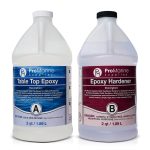
- Clean and prepare the surface: Start by cleaning the countertop thoroughly with a degreaser and a scraper to remove any dirt, grime, or old sealant. Sand is the surface to create a smooth, even surface for the epoxy to adhere to.
- Mix the epoxy: Follow the manufacturer’s instructions to mix the epoxy resin and hardener. The ratio will vary depending on the brand, but it is typically a 2:1 ratio of resin to hardener.
- Apply the epoxy: Using a roller or brush, apply the epoxy to the surface in thin, even layers. Be sure to work in small sections and use a heat gun to remove any bubbles that may form.
- Allow the epoxy to cure: Allow the epoxy to cure according to the manufacturer’s instructions. This can take anywhere from 12-24 hours.
- Sand and polish: Once the epoxy is fully cured, e fine-grit sandpaper to smooth out the surface. Then, use a polisher to give it a high-gloss finish.
- Seal and protect: Finally, apply a sealant to protect the epoxy and keep it looking new.
The amount of epoxy you will need to use to coat kitchen countertops will depend on a few things, including the size of your countertops and the thickness of the coating you want to apply. As a general rule of thumb, you will need approximately 1 gallon of epoxy for every 40-50 square feet of surface area when applying a thickness of 1/8 inch. It’s always best to check with the manufacturer of the epoxy you’re using for specific coverage recommendations, as different brands and types of epoxy may have different coverage rates.
Also consider that you will need to apply multiple layers for better results, and each layer will need to cure before adding the next one. Purchase a little extra epoxy to ensure you have enough to complete the job, rather than running out partway through.
Cost to Epoxy Kitchen Countertops
The cost of epoxy can vary depending on the brand, type, and quantity that you purchase.
On average, a gallon of epoxy resin can cost anywhere from $50 to $150, while a gallon of hardener can cost from $25 to $75. So, for a 2:1 ratio of resin to hardener, a gallon of resin and a half-gallon of hardener would cost around $100 to $225 for the two-component system.
Prices may vary depending on the quality and features of the epoxy and also on where you purchase it. Some epoxy products may be more expensive because they offer additional features like UV resistance or added durability.
It’s always a good idea to shop around and compare prices from different suppliers before making a purchase. Also, keep in mind that you may need other materials such as a heat gun, roller or brush, sandpaper, and sealer, which will add to the overall cost of the project.
Disadvantages of Epoxy Countertops
There are a few disadvantages to using epoxy as a countertop material:
- Cost: Epoxy can be more expensive than other countertop materials, such as laminate or tile.
- Installation: Epoxy must be applied by a professional and the process can be time-consuming and complex.
- Sensitivity to heat: Epoxy is sensitive to heat, and prolonged exposure to high temperatures can cause it to warp or discolor. It’s not recommended to put hot pans or dishes on the countertop and use trivets or heat pads to protect the surface.
- Sensitivity to chemicals: Epoxy can be damaged by certain chemicals, such as acetone or nail polish remover, so it’s important to be careful when using these products near the countertop.
- Non-repaired scratches:Epoxy can’t be repaired easily, scratches or chips are permanent and can’t be fixed as easily as other countertop materials.
- Limited color options: Epoxy is typically only available in a limited range of colors, and you may not be able to find the exact color or pattern that you want.
- Difficult to maintain: Epoxy countertops require regular maintenance to maintain their shine and durability. They need to be sealed, polished, and cleaned regularly to keep them looking new.
Summary: Learn How To Epoxy Kitchen Countertops
Epoxy countertops are a durable and customizable option for kitchen and bathroom countertops. They offer a high level of resistance to heat, water, and stains, making them ideal for heavy use areas. The epoxy can be applied over a variety of surfaces such as laminate, tile, concrete, wood, and Formica, which can give them a new look and added durability. Epoxy countertops do have some disadvantages, such as cost, installation, sensitivity to heat and chemicals, and maintenance requirements.
It’s essential to weigh the pros and cons carefully before deciding if epoxy countertops are the right choice for your kitchen or bathroom. It’s also important to consult with the countertop’s manufacturer and to prepare the surface properly before applying the epoxy. With proper care and maintenance, epoxy countertops can provide a long-lasting and functional surface for your home.
If you have additional questions and want to get in contact with GGR Home Inspections please send us a note, text, or call.


























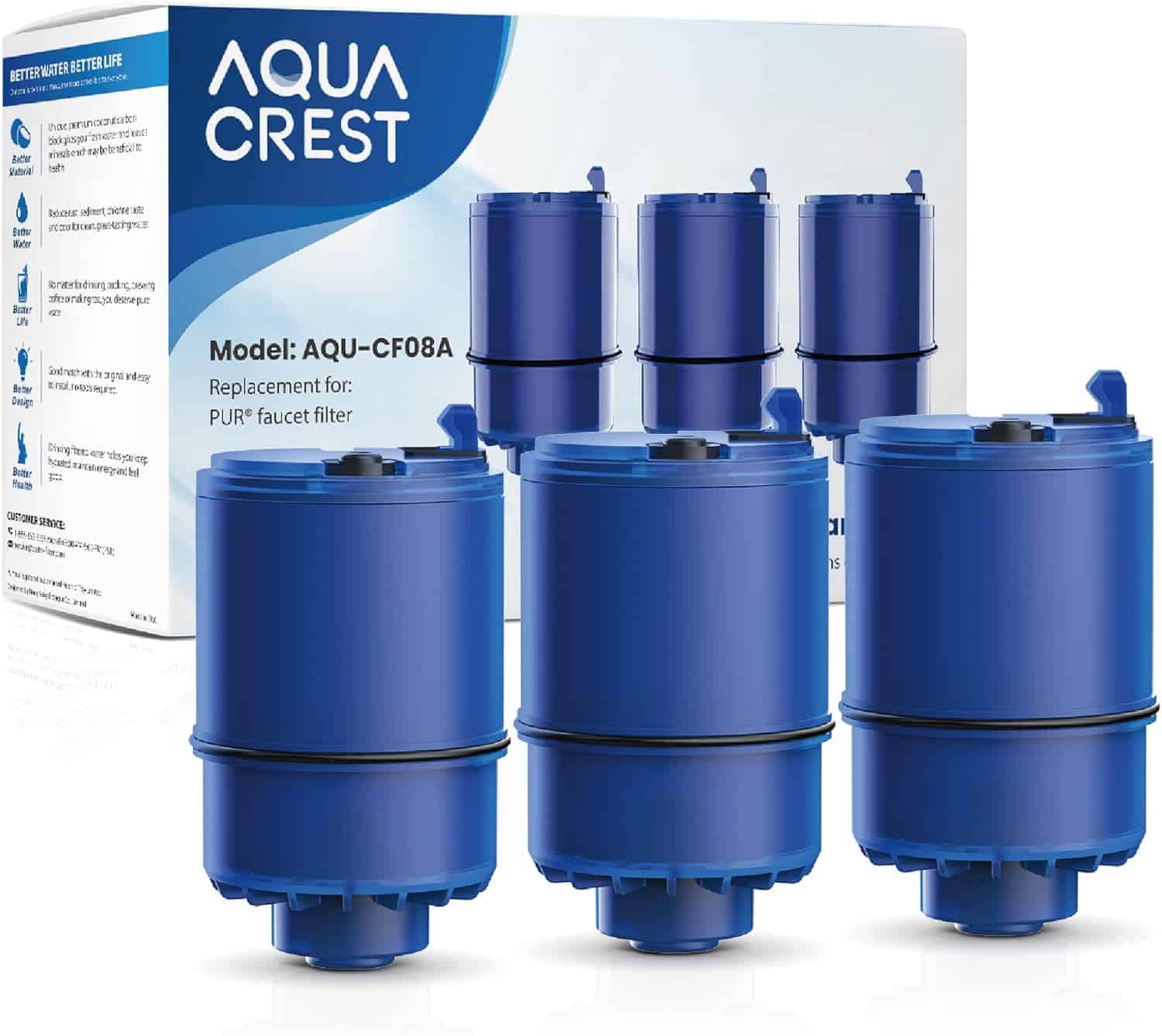
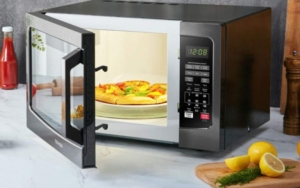
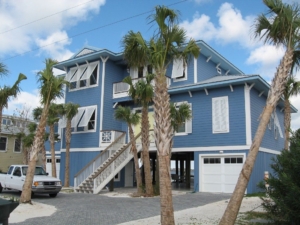
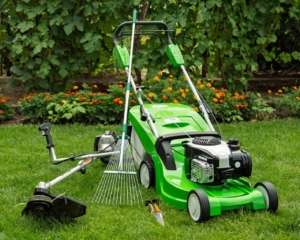

Pingback: Top 10 Kitchen CounterTops (2023 Guide) – GGR Home Inspections